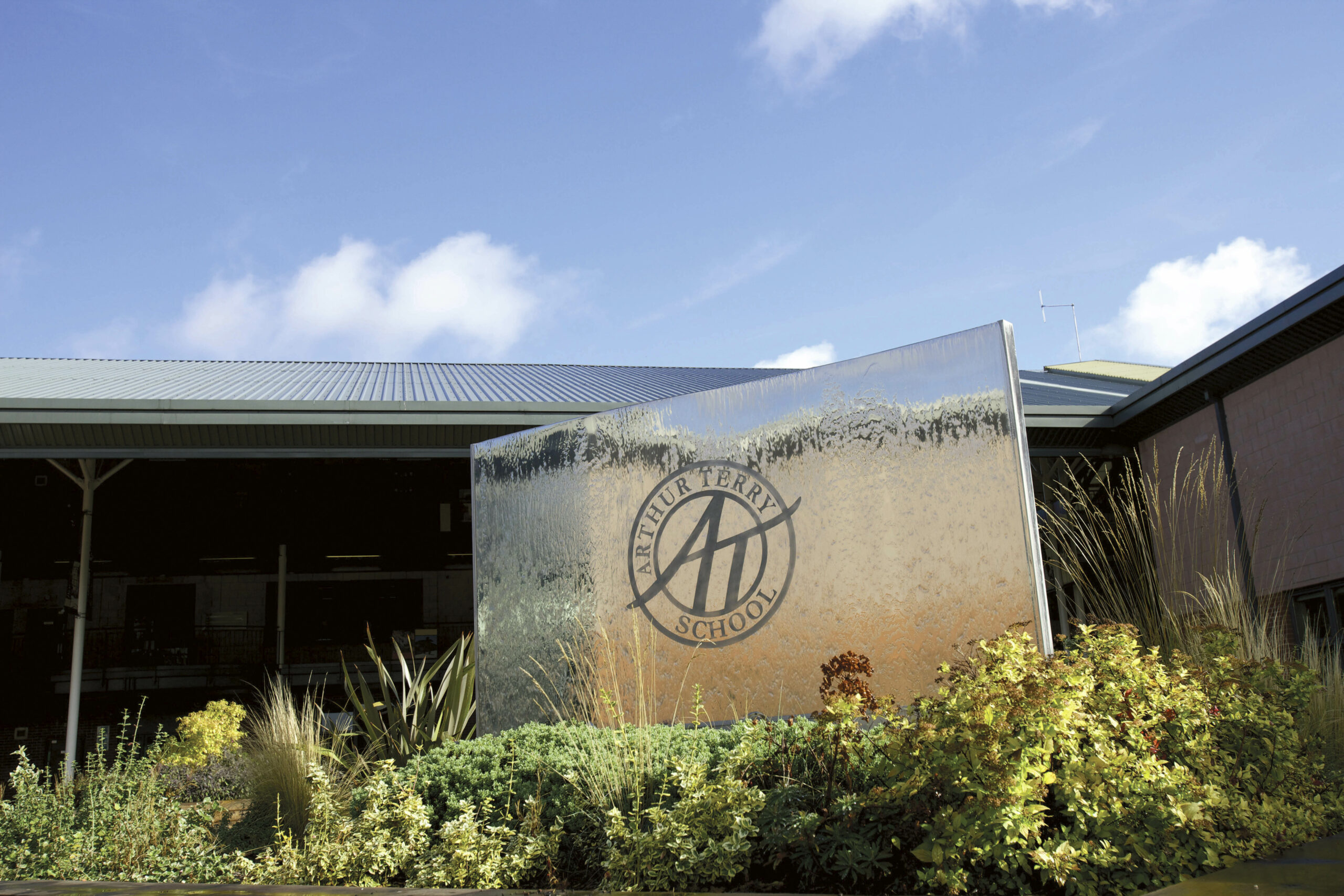A-Level Physics

Course Summary
This course is designed for you to progress smoothly from your previous GCSE studies in Physics. You will develop in-depth knowledge and understanding of the principles of Physics, gain hands-on practical skills and data analysis skills, appreciate How Science Works and its relevance beyond the laboratory, see how Physics links to other sciences and how the subject underpins important technologies and study optional topics so that you can specialise in areas that interest you.
Course Overview
Course Outline
Component 1: Measurements and their errors
- Use of SI units and their prefixes, Limitation of physical measurements, Estimation of physical quantities
Component 2: Particles and radiation
- Constituents of the atom, stable and unstable nuclei, particles, antiparticles and photons, particle interactions, classification of particles, quarks and antiquarks, applications of conservation laws
- Electromagnetic radiation and quantum phenomena, the photoelectric effect, collisions of electrons with atoms, energy levels and photon emission, wave-particle duality
Component 3: Waves
- Progressive and stationary waves, principle of superposition of waves and formation of stationary waves, refraction, diffraction and interference
Component 4: Mechanics and materials
- Force, energy and momentum, scalars and vectors, moments, motion along a straight line, projectile motion, Newton’s laws of motion, momentum, work, energy and power, conservation of energy
- Materials, Bulk properties of solids The Young modulus
Component 5: Electricity, Current electricity
- Current electricity, basics of electricity, current–voltage characteristics, resistivity, circuits, potential divider, electromotive force and internal resistance
Component 6.1: Periodic Motion
- Circular motion, Simple Harmonic Motion (SHM), simple harmonic systems, forced vibrations and resonance
Component 6.2: Thermal Physics
- Thermal energy transfer, ideal gases, molecular kinetic theory model
Component 7: Fields and their consequences
- Gravitational fields, electric fields, capacitance, magnetic fields
Component 8: Nuclear physics
- Radioactivity, nuclear instability, nuclear energy
Component 9: Astrophysics
- Telescopes, classification of stars, cosmology
A level Physics Assessment Overview
Examination written paper 1 on components 1-5 and 6.1(2 hours, 34% of A level)
Examination written paper 2 on components 6.2, 7 and 8(2 hours, 34% of A level)
Examination written paper 3 on practical skills, data analysis and component 9 (2 hours, 32% of A level)
Subject Entry Requirements
In addition to the general Sixth Form Entry requirements students will need the following:
- GCSE English Literature or Language: Grade 5 or above
- GCSE Mathematics: Grade 7 or above
- GCSE Science : Grade 6/6 in Combined Science GCSE or 6 in GCSE Physics, 6 in a second Science and 5 or above in a third Science.
- All students studying A Level Physics are required to study A Level Mathematics
